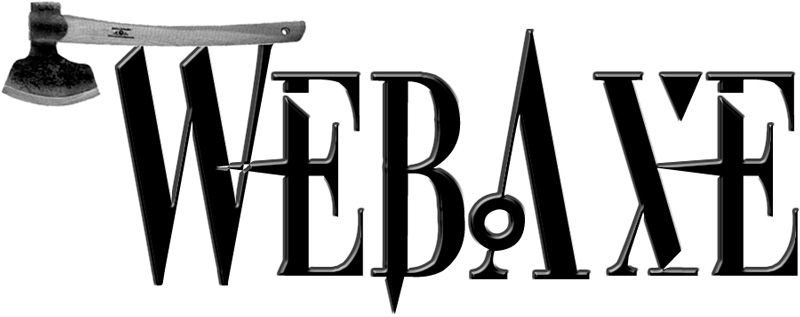Web Accessibility Day is Tuesday, September 22 in Baltimore, Maryland, U.S.A. It’s a a one-day event teaching how to create web accessible content including PDFs and graphics, and how to use evaluation tools.
The keynote speaker is Shawn Lawton Henry, Outreach Coordinator for the W3C Web Accessibility Initiative (WAI). Exhibitors include: Oracle, Knowbility, Nuance Communications, and Browse Aloud.
Web Accessibility Day is presented by The National Federation of the Blind and the Maryland Technology Assistance Program. Support for the Web Accessibility Training Day is provided by the State of Maryland Deparment of Information Technology.
